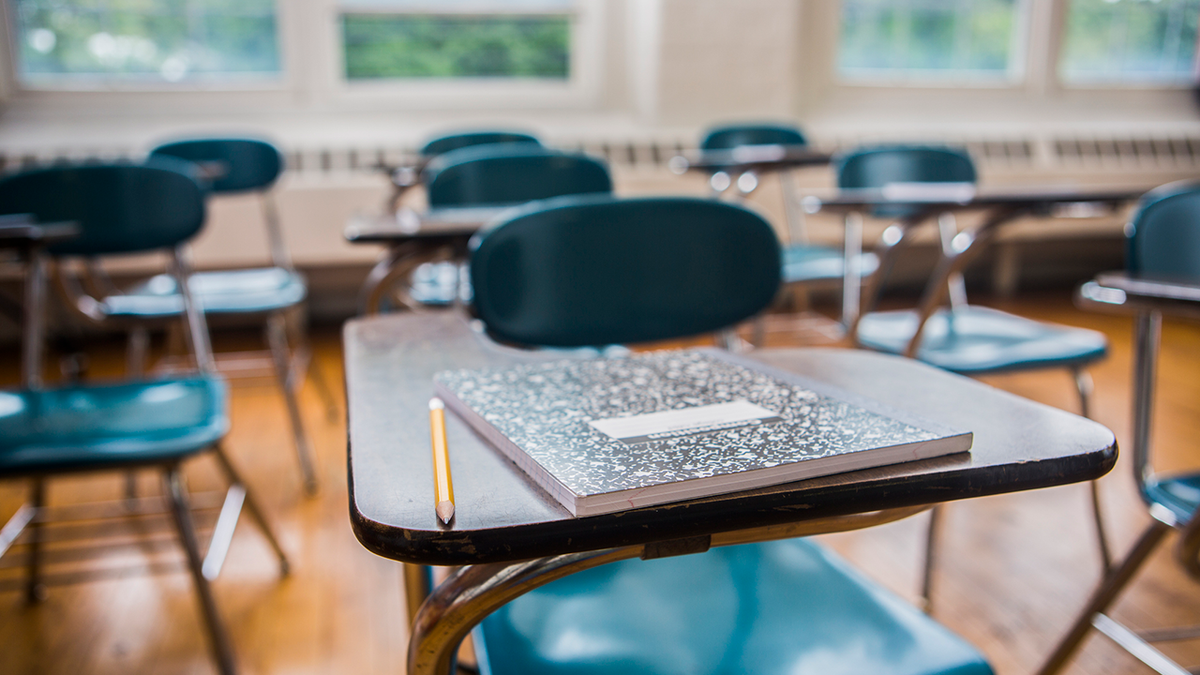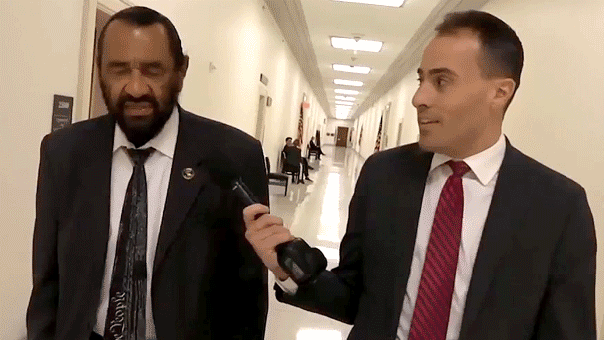Back-to-school season ushering in anxiety, stress among kids, data shows
Psychiatrist Dr. Samantha Boardman shares her thoughts on back-to-school anxiety among children and the role smartphones play in kids' mental health.
Anxiety and stress among schoolchildren skyrocketed during the COVID-19 pandemic, feeding chronic absenteeism, and the dawn of a new school year is leaving kids and parents alike to grapple with yet another wave of each.
To catch it in its tracks, experts say parents should look for signs such as difficulty concentrating, tension and fidgeting, sleep problems, or persistent complaints about not feeling well.
New York-based positive psychiatrist Dr. Samantha Boardman says there are ways to mitigate these feelings of dread, however.
While speaking to Fox News' Dana Perino on Tuesday, she spelled out ways for parents to help kids cope with negative feelings about heading back to the classroom, starting with facing their fears.

Kids returning to class are reigniting concerns about chronic absenteeism and mental health issues. (iStock)
"Being human is a risk factor for anxiety, and I think kids today have heard these words a lot [anxiety and stress] and they're using it. They say 'I'm anxious or I'm stressed,' and parents want to sort of get out in front of that and say, ‘What, can I stop? How can I intervene on your behalf?’ And the result of that is avoidance, and avoidance begets avoidance," Boardman said.
"We accommodate what that child is anxious about and say, 'I can talk to your teacher if you're uncomfortable about it, I can talk to the parent about that child,' and that's not helping our kids because we know that the best antidote for anxiety is exposing them to what they're afraid of."
Data from the American Psychological Association indicates reports of anxiety in children nearly doubled from 2012 to 2020 with an increase from 11.6% to 20.5%.
Boardman said that some would argue that rate spiked even before the pandemic and, to some extent, already existed at its onset.
At the same time, separate data from the National Center for Education Statistics shows a staggering 78% of public schools reported unnecessary absences during the 2023-2024 school year, indicating a likely correlation.
THRIVING WITH ANXIETY: EXPERT TIPS ON EMBRACING THE MENTAL HEALTH CONDITION

Cell phone use has been linked to increased rates of anxiety and other mental health issues. (Marina Demidiuk)
Young Americans also find themselves mentally beholden to the stressors of technology – namely smartphones – with 44% of teens saying their phones give them anxiety, Perino reported.
Boardman said she finds the numbers consistent with her own research through problems like self-comparison.
"Self-comparison is the thief of joy, and we see it especially in young girls. 'I don't look like that. I'm not invited to that type of party,'" she said.
"I know a lot of high school parents say, ‘My kid already has a cell phone. What can I do about that?’ And setting limits and guardrails around their use of their phone – if it's not having it in schools, and that's up to the schools, but also if it's not having it in their bedrooms at night, so they're sleeping better. If it's not having it at meals, you're prioritizing family time can be helpful."












































